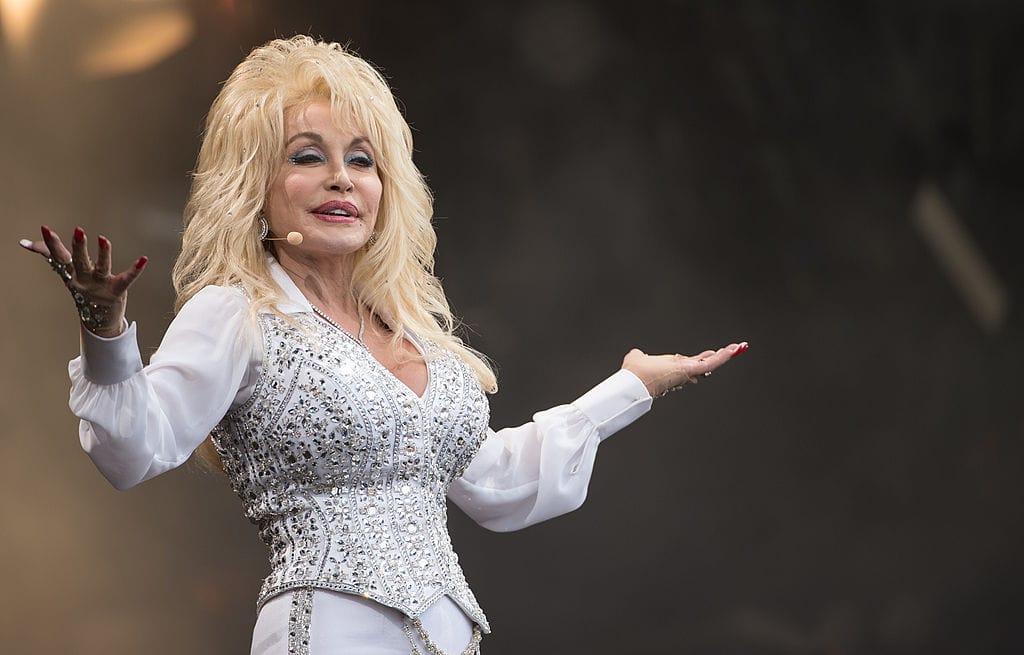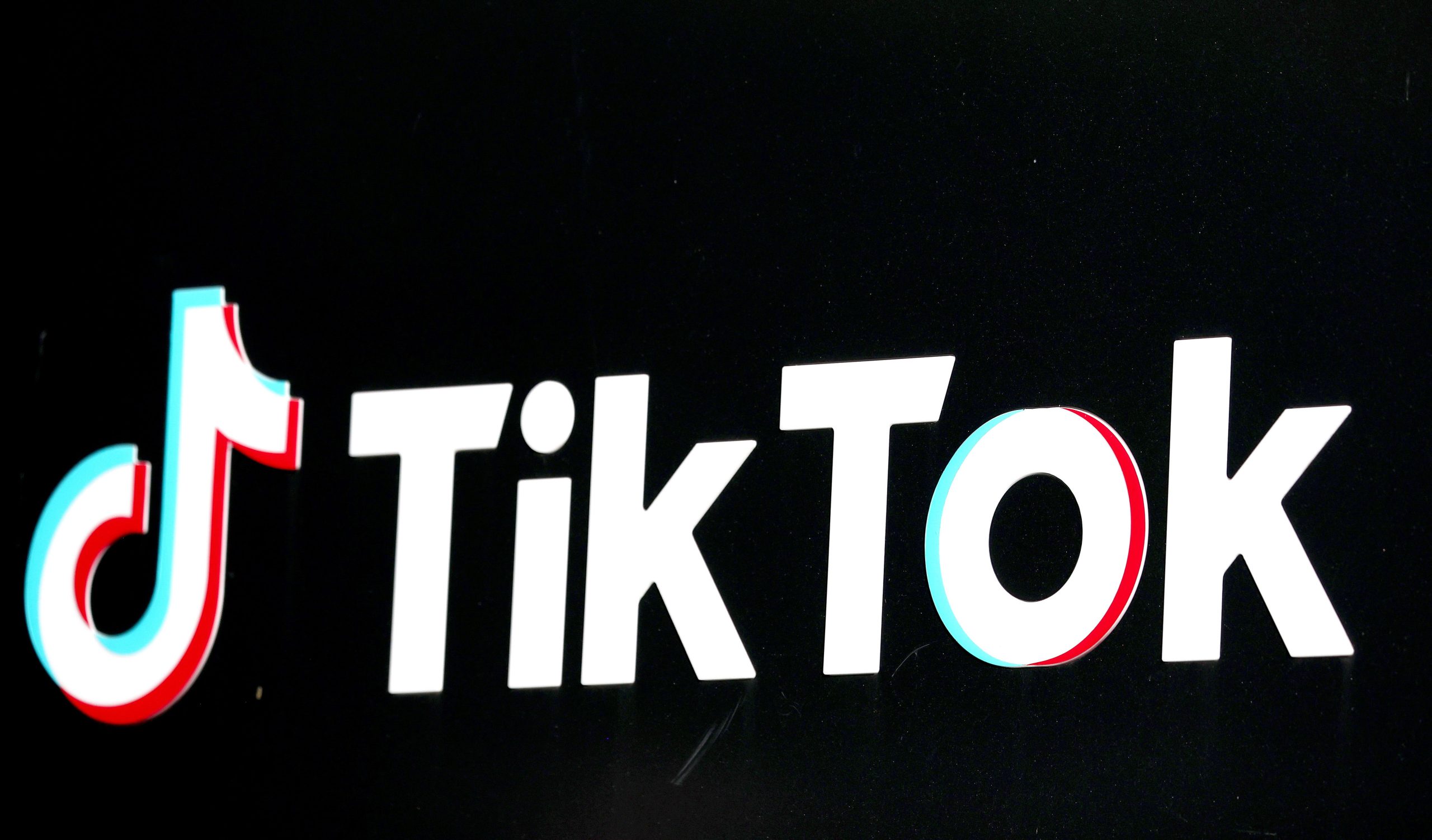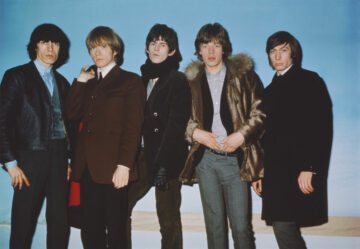You won’t see them plastered on billboards or selling out arenas, but you’ve heard their music. Royalty-free artists, composers and indie musicians are the unsung heroes of the TikTok era, having written some of the most listened-to, danced-to and meme-accompanied songs in history.
But is TikTok’s potential for democratisation overshadowed by the problems the app presents? We speak to the creators behind ‘Monkeys Spinning Monkeys’, ‘Funny Song’ and ‘Dom Dom Yes Yes’ to find out.
From digital streaming to surprise drops and genre-blending, online industry shifts have characterised the last decade of music. And since most of us can barely go a day without hearing a catchy ditty in triple speed, it’s fair to say TikTok might just define the 2020s.
Like any seismic development in the industry, it’s been met with excitement and condemnation alike. But whether you’re disillusioned or inspired by TikTok’s influence on music, it’s undoubtedly made way for a new phenomenon: some of the most listened-to artists in the world remaining ‘unknown’.

Of the ten most popular songs used on TikTok in 2022, ‘Monkeys Spinning Monkeys’ by American royalty-free music composer Kevin MacLeod came in at number two, having been used in almost 30 million videos. You might not be able to identify it by name, but you’ll undoubtedly recognise the upbeat tune.
MacLeod fell into the royalty-free music game 20 years ago and has written some of the genre’s most popular songs to date.
“‘Monkeys Spinning Monkeys’ came at the right time with the right audience,” he tells whynow. “Some people used it, and it took off from there. It’s definitely my most viral piece.”
In the copyright-free game, you have to diversify. MacLeod makes a living off his compositions being streamed in countries where royalties are a legal requirement, as well as donations and ad revenue. But has this inflated since going viral on TikTok?
“I don’t think I have capitalised on my royalty-free music from TikTok. I don’t think it really pushes listeners to explore my music… I haven’t seen a big uptick at all.”
“But having my music heard means that I’ve made a difference to someone. Especially with TikTok, you can use whoever’s song you want, and they’re still choosing mine over big pop musicians. That’s a great feeling.”
@igor_kvas1 #буся #соня #хочуврек #рекомендации #хочувтоп #рек #буднипитомца #❤️ #бусяквас #fyr #cat #котики #tt #кот #tiktoker #реки #приколчик ♬ Monkeys Spinning Monkeys – Kevin MacLeod & Kevin The Monkey
“TikTok certainty has a positive impact on what I do because it gets more of my work out to more people. As for the music industry in general? I’m not so sure.”
A composer on the other side of the pond, and the other side of the industry spectrum, is accomplished British musician Thomas Hewitt-Jones. He’s the mind behind the jaunty tune ‘Funny Song’, which has been used almost ten million times on TikTok (essentially, if you’ve watched a cute cat video, you’ve heard the song).
The algorithm is becoming increasingly puzzling, and each venture into virality differs from the next. For Hewitt-Jones, it was a relatively slow trajectory.
“A French DJ called Squeezie (thanks, Squeezie!) happened to post ‘Funny Song’ to his several million followers on a blog post. How it transferred to TikTok is still a mystery, but I guess one of those followers presumably posted a video with their cat or dog or something.
“During 2021 it sort of trickled – and then, for some reason, in 2022, it went absolutely mental in terms of numbers. It still makes me laugh that almost everyone in the world has heard it. I think each time a celebrity posts it, it gets ‘boosted’.”
Another reason for these artists’ anonymity is that songs are often credited to the publishers who distribute them. Looking up ‘Funny Song’ will show Cavendish Music as the artist rather than Hewitt-Jones.
@blon.gump #fyp #fypシ un michi maestro. #humor ♬ Funny Song – Cavendish Music
“As a composer, you partner with publishers whose job is to promote and monetise your music worldwide. The composer can just get on and write, and everything else is taken care of. That’s the idea, anyway. Cavendish Music is one of the music publishers that publish my music.”
“In the case of ‘Funny Song’, it was a silly track that I had written for fun in my studio of my own volition, and when Cavendish Music was looking for ‘quirky vintage’ tracks in 2018, I played it to them, and it was put on an album as an extra track. I’m thrilled it has become a big hit around the world through its usage on the TikTok platform!”
“I guess the interesting thing about social media apps such as TikTok is that they are algorithmic, and so stuff rises to the top that is genuinely engaging. I guess even though ‘Funny Song’ is very much a silly little thing, I still feel vindicated that it’s been shared so much because it evokes a goofy and positive feeling in the listener and inspires content creators to get creative with their videos – that can’t be a bad thing!”
As well as composers like MacLeod and Hewit Jones finding success, artists on the more obscure side are also gaining popularity on the app.
One of these is 26-year-old Bulgarian artist Biser King, whose song – or, more specifically, a snippet from the chorus of his song ‘Dom Dom Yes Yes’ – has burrowed into the consciousness of millions of TikTok users. As you might assume, the path to fame for this song is less than conventional, namely through a video of Turkish TikToker Yasin Cengiz.
Cengiz, the belly-shaking TikToker, joined the video-sharing platform in March 2021 and now boasts a following of over seven million. Still, it was only when he started pairing his moves with Biser King’s ‘Dom Dom Yes Yes’ that he really started to garner attention.
@yasincengiz38 Sizce bu çorba kaç kişilik ? @polesancatering Toplu Yemeğe Değer Katar #bygöbekshow #göbekshow #londra🇬🇧 #kosova #pristine #sofiabulgaria🇧🇬 #bulgaristan #bulgariantiktok #LiveForTheChallenge #kayseriii #türkiyem🇹🇷🇹🇷🇹🇷 #38 #azerbaycan🇦🇿türkye🇹🇷tiktok #afrikaanstiktoks #hindistan #almanya🇩🇪🦅 #amerika🇺🇸 #bulgaristan🇧🇬❤️ #lübnan🇱🇧 #skibiridopdop @agababadoner @agababakadayif @agababaexpressdoner @agababadoner @himmetpolatt #yasincengiz #dopdop #domdom #yesyes #yesyesyes #skibidichallenge #dance #gastronomi #çorba #soup #turkishfood #catering #polesancatering ♬ original sound – Biser King
Biser King assured me that there is only gratitude towards the app and the TikTokers who profit off his song.
“The feeling of creating a world hit is unique. Feeling the love from many people all over the world and seeing hundreds of people all over the world having fun with my song is the most valuable thing to me.”
Becoming discoverable to a broader audience is a clear benefit of TikTok for international artists. Songs by artists from the USA and the UK still account for over 30% of distribution on the viral charts, meaning they’re most likely to influence and set worldwide music trends. However, global artists are breaking through more than ever, with K-Pop and Latin artists especially finding an international stage through TikTok.
TikTok has also offered a renaissance for songs from previous eras. Tracks like ‘Decepticon’ by Le Tigre, ‘Goo Goo Muck’ by The Cramps and ‘Running Up That Hill’ by Kate Bush have had a resurgence in popularity sparked by features in Gen-Z-targeted TV shows and movies and perpetuated on TikTok. Iconic artists like The Rolling Stones and Dolly Parton have also joined the platform, presumably to ensure that a new generation of listeners is exposed to their music.
Ironically, some artists who have widened their fanbase on TikTok are still opposed to the idea. Recently, Mac DeMarco had his first-ever hit on the Billboard Hot 100 — but rather than a track from his new album Five Easy Hot Dogs, it was 2019’s ‘Heart to Heart’. DeMarco told Variety that he finds TikTok’s influence on music “very depressing” due to artists’ pressure to create music that the platform will favour.
Another primary concern is how TikTok is putting pressure on artists to create specifically for the platform. Last year, Halsey’s label reportedly refused to release their song if there wasn’t a “viral” moment to attach it to. But, as is evident from the songs we’ve explored, you can’t manufacture or predict virality.

Despite his success on the platform, Mac DeMarco recently described the “very depressing” influence TikTok was having on artists.
Speaking to a UK publicist representing emerging and established artists, several concerns are made clear.
“Many major labels have systems set up where they’re analysing social media content, looking for data-driven spikes when signing new artists. A lot of revenue comes through streaming, so they’re hoping that TikTok converts into more traditional streaming platforms,” she tells me.
Thomas Hewitt-Jones says success on TikTok inevitably changes how you compose for the format. After all, avoiding trying to recreate success by following a particular formula is hard.
“I have to be honest and say that in the wake of ‘Funny Song’, I wrote two more albums of the stuff – none of which have flown in the same way yet. But I’ll let you know!”
Our music publicist flags this as a concern. “People are definitely writing music specifically to blow up on TikTok,” she says, “There’s more churn than ever. Singles are favoured as opposed to bigger bodies of work like albums and EPs, but they also have less longevity.”
“The culture of consuming music is changing. 30-second sound bites pander to our short attention spans, and artists are being told by labels that they need that marketable snippet. It’s equally fascinating, concerning, and a new frontier for pop music.”

Dolly Parton is among a handful of legacy artists to join TikTok.
“Musicians are expected more than ever to be content creators as well as musicians. There’s a lot of pressure from labels and social teams for them to post on TikTok and follow social media plans that are set for them, which can be hard for artists, especially if it’s not a platform that they genuinely gravitate toward or if it’s not a fit for their personality.”
“TikTok has to act in tandem with a few other elements for an artist’s campaign to feel authentic rather than just having a passive listenership without awareness of who the artist is.”
Hewitt-Jones is more optimistic about where the industry is going. “I think [TikTok is] a wonderful thing. I genuinely think that all the people behind it have the right stuff at heart and are all trying their best to keep our industry fresh and exciting.”
“The areas that we need to watch are those of AI, the extremely slow time it takes for music publishers to pay composers, and also, on a wider note, the value of music (of all genres) needs to be known and appreciated.”
The pace at which the industry changes makes it impossible to conclude whether TikTok will be a powerful egalitarian platform, providing opportunities to international, obscure and legacy musicians or a detriment to the art.
While we can argue that it’s homogenising music, churning out earworms and empty trends, it’s also fair to say it’s opening doors in a way that hasn’t been previously possible — where these doors lead is anyone’s guess.





